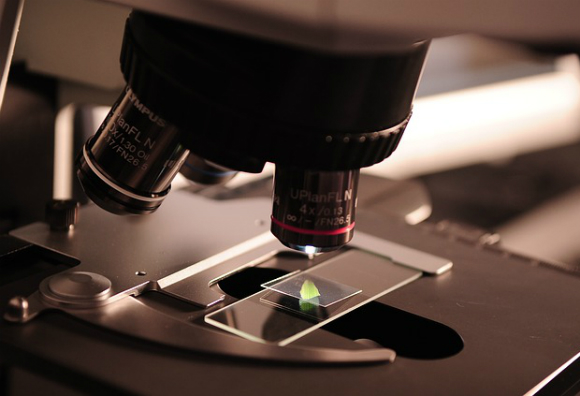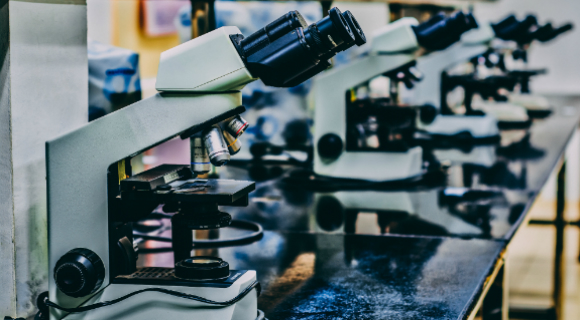Science
The science industry is all about innovation, discovery and research. It’s all about trying things, doing experiments and making exhilarating scientific breakthroughs; improving people’s lives, improving commercial enterprises and developing our knowledge and understanding of people, nature, the world and the universe. Jobs in this sector stretch across many different areas, thousands of specialisms exist, from astrophysics and marine biology to zoological sciences and pharmacology.
Geological & environmental science jobs
Those moving into the geological and environmental sciences might specialise as a seismologist and study earthquakes, or become a petroleum geologist and survey oil and natural gas deposits. They could also get involved with marine geology and conduct surveys of the ocean floor. Working in environmental science could lead to a job as a hydrologist, who study bodies of water, or pursue eco-friendly aims by working as a conservation scientist.
Geologists also fit under the geological and environmental sciences umbrella, collecting data out in the field, conducting geological surveys using Geographical Information Systems (GIS), carrying out lab experiments, processing the data and then presenting it to clients and colleagues in the form of detailed reports, presentations and maps or charts. Environmental scientists conduct studies, experiments and surveys using high-tech equipment to collect vital data relating to air pollution, water pollution and soil contamination.
Food science jobs
Food sciences are another area in the industry. Food microbiology is a major focus of the food science arena. Food producers need to know how long food will last, what will affect it and what’s the best method of storage. Food microbiologists study the effects of different microorganisms within food. By understanding what happens, they can harness their power in various food-making processes, such as brewing, winemaking and baking.
Food technologists, in particular, focus on finding different ways to keep food fresh by assessing the quality of the raw materials pulled out of the ground. They are also concerned with finding the best ways to convert the raw ingredients into food products that can be produced on a large scale. This career function is somewhat different to that of a nutritionist, who provides advice on how nutrients are used in the body.
Nuclear chemistry jobs
Nuclear chemistry is another part of this industry. The primary aim of nuclear chemistry is to understand radioactive substances better and apply them to real world problems, ranging from medical treatments to dealing with waste nuclear material from power stations.
Product & process development jobs
Product and process development is another popular science area. Typically working within the manufacturing and production industry, these scientists work alongside research and development teams, and use their expertise to develop efficient processes for the manufacturing of quality products, ranging from foodstuffs to cosmetics.
Major scientific companies also tend to employ a wealth of people with a strong academic background into more managerial and strategic positions. While these people don’t get involved with the hands-on scientific activity, they still use their detailed technical knowledge to make decisions related to scientific projects, e.g. budgets and timescales, and even sales, selling bespoke products – adhesives, medical supplies, and chemicals, for example.
Science apprenticeships
School leavers can access this industry via science apprenticeships, such as Intermediate Apprenticeships and Advanced Apprenticeships in laboratory technician and healthcare science assistant roles.
There are also Degree Apprenticeships available in the nuclear field.
School leavers could also explore science courses at further education college and university.



